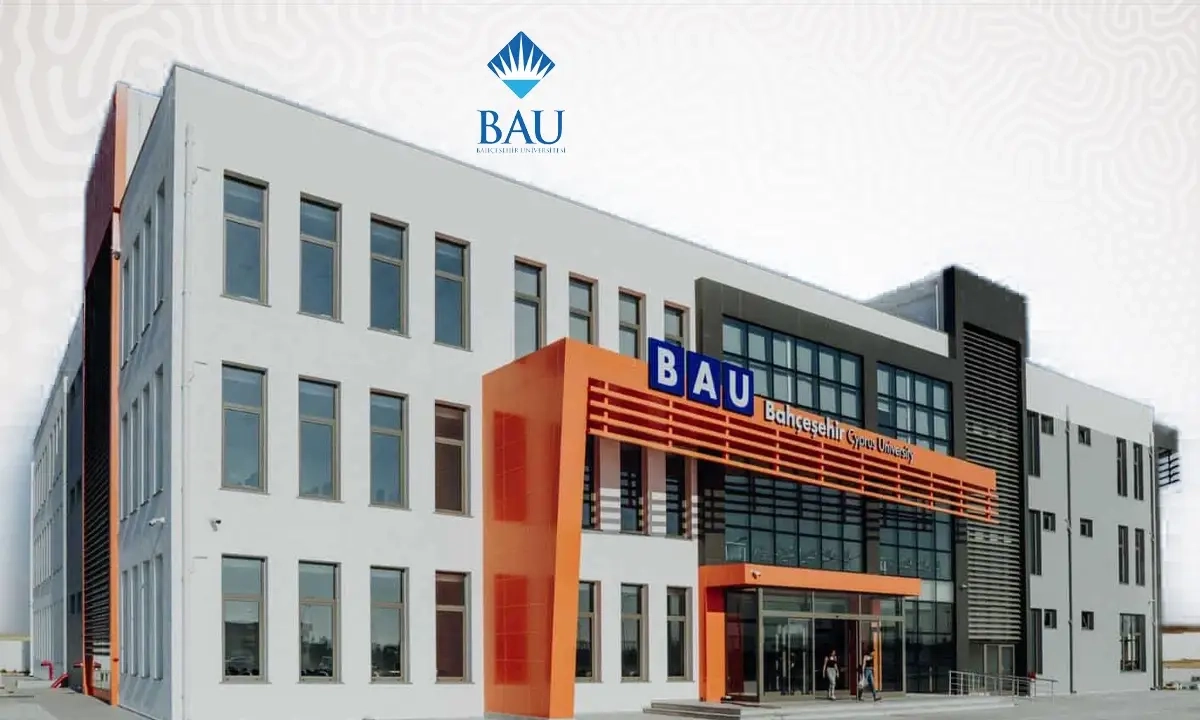Faculty: Economics and Administrative Sciences
Logistics Management focuses on the effective planning, execution, and control of the flow and storage of goods, services, and related information from the point of origin to the point of consumption. Students gain skills in supply chain management, transportation, inventory control, storage, and operations management, preparing for careers in logistics, supply chain, and operations roles across various industries.
Learning Objectives:
- Understand principles and practices of logistics management.
- Develop and enhance skills in supply chain management.
- Learn transportation and distribution strategies.
- Explore inventory control and storage techniques.
- Analyze operations management and improvement processes.
- Develop critical thinking, problem-solving, and analytical skills.
- Gain practical experience through projects and internships.
Curriculum Outline:
- Introduction to Logistics Management - Overview of logistics management, its principles, and industry trends.
- Supply Chain Management - Fundamentals of supply chain management, including planning, sourcing, manufacturing, delivery, and return operations.
- Transportation and Distribution - Strategies for managing transportation and distribution networks.
- Inventory Control and Storage - Techniques for managing inventory levels and storage operations.
- Operations Management - Principles of operations management and process improvement.
- Logistics Information Systems - Use of information systems and technology in logistics management.
- Logistics and Global Trade - Understanding international logistics and global trade practices.
- Reverse Logistics and Sustainability - Managing product returns and disposals and sustainable logistics practices.
- Project Management in Logistics - Project management methods in logistics, including planning, execution, and control.
- Practical Training/Fieldwork - Real-world experiences in logistics environments, such as logistics firms, supply chain departments, or manufacturing companies.
- Capstone Project - Comprehensive project applying logistics management skills, such as developing a supply chain strategy, optimizing a transportation network, or improving inventory management.
Assessment Methods:
- Analysis of logistics management principles
- Supply chain management and improvement projects
- Transportation and distribution strategy projects
- Inventory control and storage projects
- Operations management and improvement projects
- Logistics information systems projects
- Logistics and global trade analyses
- Reverse logistics and sustainability projects
- Project management in logistics reports
- Internship reports
- Capstone projects and presentations
Recommended Textbooks:
- "Introduction to Logistics Management"
- "Supply Chain Management"
- "Transportation and Distribution"
- "Inventory Control and Storage"
- "Operations Management"
- "Logistics Information Systems"
- "Logistics and Global Trade"
- "Reverse Logistics and Sustainability"
- "Project Management in Logistics"
Prerequisites:
Basic knowledge of business and operations management and interest in logistics and supply chain management.
Program Duration:
Typically 4 years to obtain a bachelor's degree in logistics management.
Certification:
Graduates can obtain certifications such as:
- Certified in Logistics, Transportation and Distribution (CLTD) from APICS
- Certified Supply Chain Professional (CSCP) from APICS
- Certified in Production and Inventory Management (CPIM) from APICS
- Certified Professional in Supply Management (CPSM) from the Institute of Supply Management (ISM)
Target Audience:
Aspiring logistics managers, supply chain analysts, transportation managers, inventory specialists, operations managers, and professionals seeking careers in logistics companies, supply chain departments, manufacturing companies, retail organizations, and related fields. This program equips students with the operational and strategic skills needed to excel in logistics management and support careers in various roles within logistics, supply chain, and operations across multiple industries.










